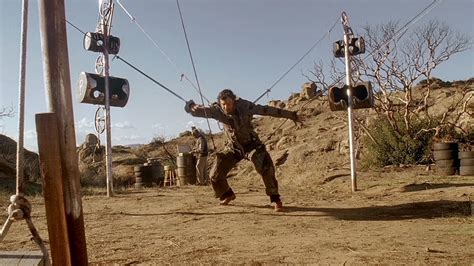Country festivals are vibrant celebrations deeply rooted in history, offering a rich tapestry of traditions and cultural significance. From lively parades to intricate rituals, these festivals showcase the unique customs of communities around the globe. They provide a glimpse into the regional variations and distinctive features that make each event special. As we explore the historical origins and major festivals worldwide, we will also examine their impact on local communities and economies. In an era of modernization, these cherished traditions continue to evolve, adapting to contemporary trends while preserving the essence of cultural heritage. Join us in discovering the
Discover more about this topic with gamesfats.com in detail.
1. Historical Origins of Country Festivals
The historical origins of country festivals date back centuries, often intertwined with the agricultural cycles, religious observances, and social customs of a region. Many of these celebrations began as rituals to honor deities, mark seasonal changes, or celebrate bountiful harvests. In medieval Europe, for example, festivals were tied to the agrarian calendar, with events like harvest festivals and May Day becoming annual traditions. Similarly, in Asia, festivals like the Japanese Obon and Indian Pongal are rooted in ancestral worship and agricultural gratitude.
Over time, these events evolved, incorporating local folklore, music, dance, and culinary traditions. They served as opportunities for communities to come together, strengthen social bonds, and pass down cultural heritage through generations. The spread of these traditions through migration and cultural exchange has further enriched the global tapestry of country festivals. Today, they remain a vital part of cultural identity, reflecting the diverse histories and traditions of the people who celebrate t
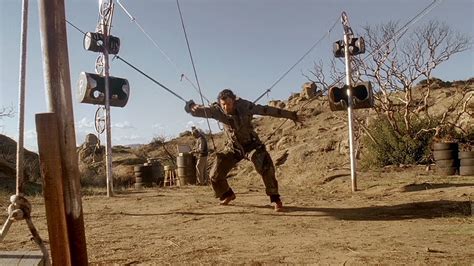
2. Cultural Significance and Traditions
Country festivals hold profound cultural significance, serving as vital expressions of a community’s identity, values, and traditions. These celebrations are often deeply rooted in historical events, local legends, and religious practices, providing a sense of continuity and connection to the past. They offer a platform for preserving traditional music, dance, costumes, and culinary arts, ensuring that these cultural elements are passed down through generations.
The rituals and ceremonies performed during these festivals often carry symbolic meanings, reflecting the community’s beliefs and worldview. For instance, many festivals involve processions, offerings, and communal feasting, symbolizing gratitude, unity, and prosperity. Additionally, these events foster a sense of belonging and pride among participants, as they come together to celebrate their shared heritage.
In many cultures, festivals also mark significant life events, seasonal changes, or transitions, serving as milestones in the community’s calendar. Through their rich tapestry of traditions and practices, country festivals continue to play a crucial role in maintaining and celebrating cultural diversity worldwide.
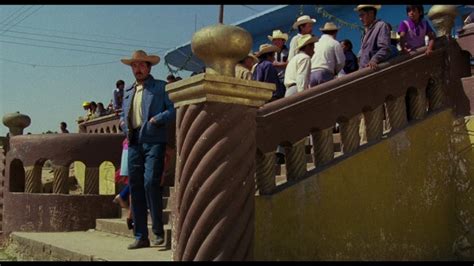
3. Regional Variations and Unique Features
Country festivals are as diverse as the regions they originate from, each with its own unique features and variations that reflect local customs, geography, and history. In Europe, for example, Oktoberfest in Germany is renowned for its beer tents, traditional Bavarian attire, and lively folk music. In contrast, Spain’s La Tomatina involves a massive tomato fight, showcasing the playful and spirited nature of the event.
In Asia, the vibrant colors and elaborate ceremonies of India’s Diwali festival highlight the region’s rich spiritual traditions. Meanwhile, Japan’s Gion Matsuri, one of the oldest festivals in the country, features stunning floats and traditional performances, emphasizing the importance of historical preservation.
The Americas offer a wide array of festivals, from the Carnival in Brazil, known for its samba parades and elaborate costumes, to the Thanksgiving Day celebrations in the United States, focusing on gratitude and communal feasting. Africa’s festivals often center around music and dance, such as the Cape Town International Jazz Festival, which brings together diverse musical talents from across the continent.
Each festival has distinctive elements, whether it’s specific rituals, traditional foods, or unique forms of entertainment. These regional variations not only highlight the rich cultural diversity of country festivals but also offer a glimpse into the unique character and traditions of the communities that celebrate them.
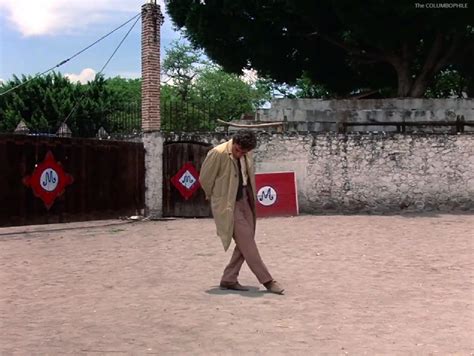
4. Major Country Festivals Around the World
Around the world, major country festivals draw millions of participants and spectators, celebrating cultural heritage and community spirit. One of the most iconic is Brazil’s Carnival, a vibrant pre-Lenten festival renowned for its elaborate parades, samba music, and dazzling costumes. It symbolizes the joy and diversity of Brazilian culture, attracting visitors from all over the globe.
In Europe, Germany’s Oktoberfest is another major event, offering a unique blend of traditional Bavarian culture, beer, and hearty cuisine. Held in Munich, this festival is famous for its beer tents and lively folk music, drawing crowds eager to experience German hospitality.
Asia is home to numerous significant festivals, such as India’s Diwali, the Festival of Lights. This celebration, observed by millions, features fireworks, festive foods, and the lighting of lamps, symbolizing the victory of light over darkness. Japan’s Gion Matsuri in Kyoto is another major event, showcasing ornate floats and traditional performances that celebrate the city’s rich history.
In North America, the United States’ Thanksgiving Day is a key cultural event, marked by feasting and family gatherings. The Macy’s Thanksgiving Day Parade in New York City is a highlight, featuring giant balloons, floats, and performances. These major festivals not only celebrate cultural traditions but also offer a sense of unity and joy to participants.
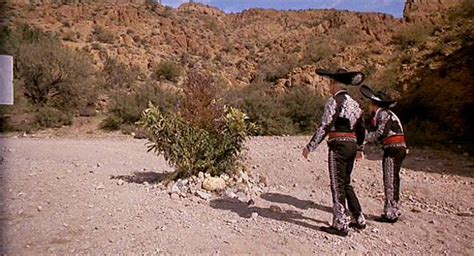
5. Impact on Local Communities and Economies
Country festivals have a significant impact on local communities and economies, fostering social cohesion and economic growth. These events serve as vital platforms for community members to gather, celebrate, and reinforce their cultural identity. They provide opportunities for social interaction, strengthen communal bonds, and create a sense of pride among participants.
Economically, festivals can be a major boon for local businesses, generating substantial revenue through tourism and related activities. Visitors flock to these events, boosting the hospitality, retail, and service industries. Accommodations, restaurants, and shops often experience increased demand, leading to job creation and business growth. Additionally, vendors and artisans showcase their products, promoting local crafts and cuisine.
Moreover, festivals often attract media attention, putting the host region on the map and enhancing its cultural tourism appeal. This exposure can lead to long-term benefits, such as increased investment and tourism in the area. Overall, country festivals play a crucial role in supporting loc
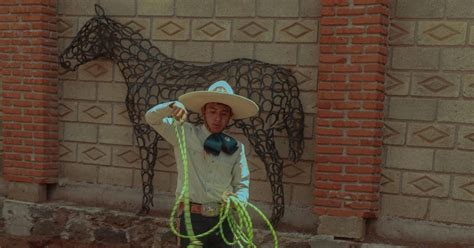
6. Modern Adaptations and Future Trends
In recent years, country festivals have seen modern adaptations and evolving trends, reflecting changes in technology, societal values, and global influences. Many traditional festivals have incorporated contemporary elements, such as digital technology and social media, to enhance the experience and reach a wider audience. Live streaming, online ticketing, and virtual reality tours have become common, allowing people worldwide to participate and engage with these cultural events.
Environmental sustainability has also become a significant focus, with many festivals adopting eco-friendly practices. Organizers are increasingly mindful of reducing waste, promoting recycling, and using sustainable materials. This shift towards green initiatives reflects a growing awareness of environmental issues among festival-goers.
Moreover, the fusion of traditional and modern elements has led to innovative expressions of culture. Festivals now often feature contemporary music genres, fusion cuisine, and modern art alongside traditional performances. Looking forward, we can expect further integration of technology and a continued emphasis on sustainability. As cultural exchanges and globalization continue to influence local traditions,

Country festivals, with their rich history and vibrant traditions, continue to captivate and unite communities worldwide. As they adapt to modern trends and embrace sustainability, these celebrations preserve cultural heritage while
gamesfats.com
